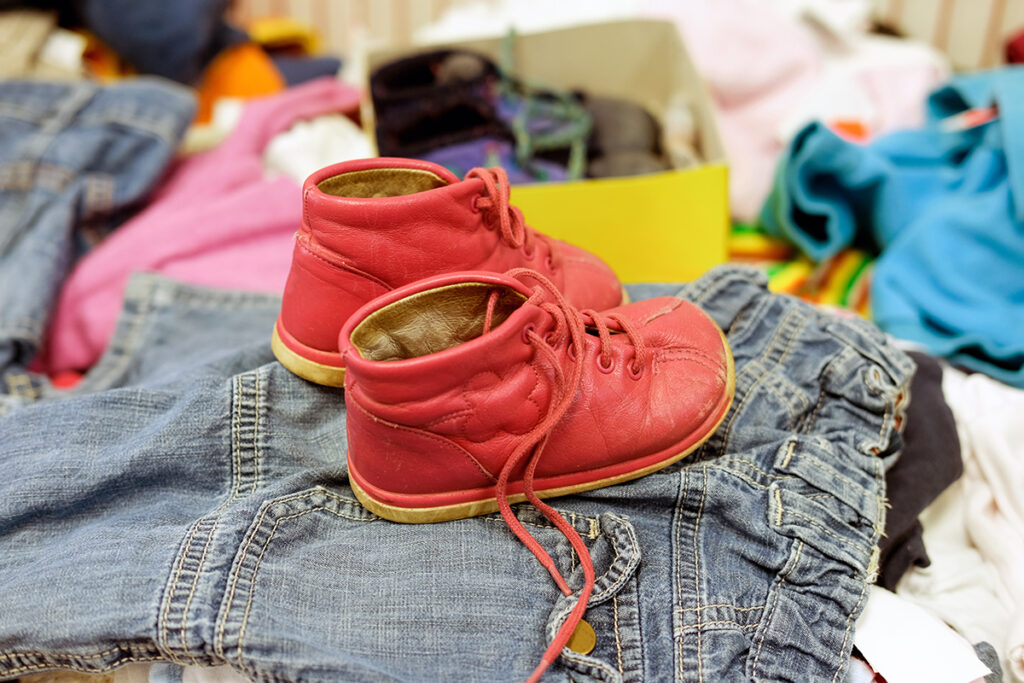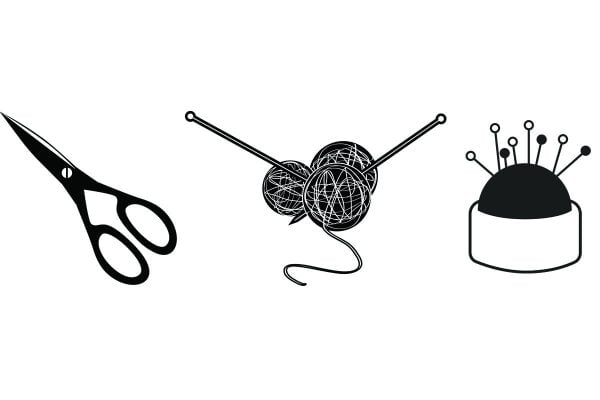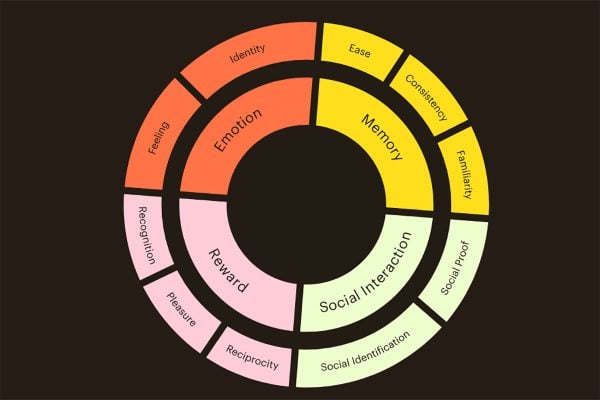As the rising cost-of-living crisis sees energy bills, fuel and food prices continue to climb, more UK consumers are turning to second-hand shopping and upcycling in order to make ends meet – as well as minimise their environmental impact.
That’s according to new research from eBay Ads, which finds that 30% of consumers are having to make more considered purchases in order to get better value for money, and a fifth (19%) are buying more second-hand items in order to save money. One area of fashion driven by online is the resale market, with 25% of UK consumers buying second-hand fashion in 2021.
As consumers increasingly look to get thrifty and responsible with their shopping habits, retailers should be mindful of the evolving demands of customers and showcase their understanding of shopping priorities.
Coming around to the circular economy
The research, which surveyed 1,000 UK respondents, found that consumers’ interest in buying second hand is part of a wider growth of the circular economy. Indeed, a quarter (25%) of consumers say that they try to upcycle or repair their current belongings before buying anything new, and one in five (20%) report that they frequently buy second-hand, upcycled or refurbished items.
This is supported by insights from eBay Ads UK, which finds that interest in second-hand items was rising fast at the beginning of this year. In January 2022 searches for ‘upcycled’ rose 40% on ebay.co.uk compared to the month before, and searches for ‘second hand’ and ‘repair kit’ rose 24% and 21% respectively in the same timeframe.
And this trend has been rising consistently year-on-year. For example, searches for ‘pre-owned’ were up 19% in January 2021 compared to January 2020 and increased a further 38% in January 2022.
Sustainability is a selling point for shoppers
The increasing importance of sustainability to consumers is also contributing to the rise in second-hand shopping and upcycling. The research finds that almost a fifth (19%) of those surveyed say shopping as sustainably as possible is really important to them. In addition, more than one in five (22%) report that they are conscious of discarding and sending items to landfill when they could be repaired, recycled or sold on – and 19% said that they try to avoid fast fashion brands or brands that they consider to be unethical.
Meanwhile, insights from eBay Ads UK demonstrate that shoppers are actively searching for more environmentally friendly products on the platform – for example searches for the term ‘biodegradable’ rose 59% in January 2022 compared to the previous month on ebay.co.uk.
For retailers looking to improve their sustainability practices, and market to a growing cohort of climate-conscious consumers, it’s clear that packaging, location and recyclability of the product are the three top priorities to take into account. Consumers reported the top factors they consider when trying to limit their environmental impact as:
- Sustainable packaging (37%)
- Shopping locally (30%)
- The recyclability of a product (30%)
- Product lifespan (24%)
- A product’s sustainable credentials (24%)
Between the rising cost-of-living and a growing desire to make more sustainable purchases, UK consumers are increasingly thinking about how they can be savvy with their shopping. With upcycling, buying second-hand, and more sustainably sourced products all rising on shoppers’ agendas, retailers in turn need to be adapting to these evolving preferences in order to engage their customers and contribute to the circular economy. Whether it be offering a repair service, starting a second-hand shop, or making packing and materials more sustainable – retailers must tap into what really matters to consumers today, and communicate sustainability credentials clearly in their marketing and product information.
– Elisabeth Rommel, Global GM, eBay Ads










